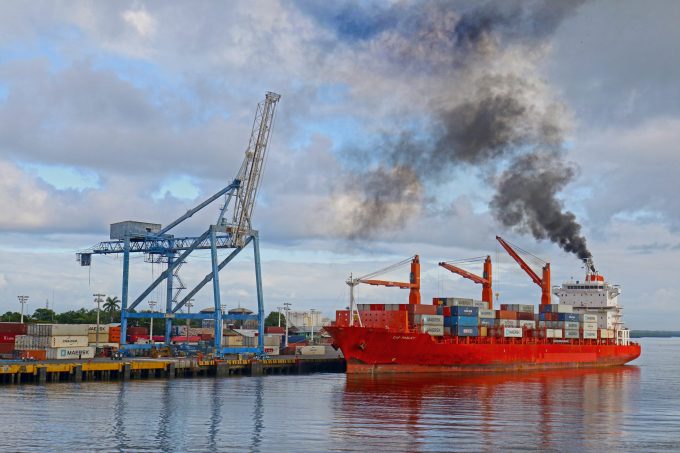Shipping giants reticent as IMO ship efficiency measures enter force
The International Maritime Organization’s (IMO) latest emissions reduction measures came into force today, a regulatory ...

According to International Maritime Organization (IMO) secretary general Kitack Lim, the effects of global warming are no longer theoretical, but here and a “very real and present threat to our generations”.
Speaking before the IMO’s Marine Environment Protection Committee (MEPC)’s 77th session, Mr Lim sought to carry momentum perceived to have been generated by a number of announcements for the maritime sector at the COP 26 Glasgow climate conference.
There is a perception for some in the maritime sector that this momentum ...
Volume surge and an early peak season? 'Don't celebrate too soon,' warning
Keep our news independent, by supporting The Loadstar
Shippers should check out the 'small print' in China-US tariff cuts
China-US trade tariff pause could drive a rebound for transpacific rates
Ecommerce likely the front-runner in resurge of transpacific trade after deal
Service chaos from trade ban with India a problem for Pakistan shippers
Spot rates on transpacific surge after news of tariff time-out
Carriers impose 'emergency operation' surcharges on Pakistan cargo

Comment on this article